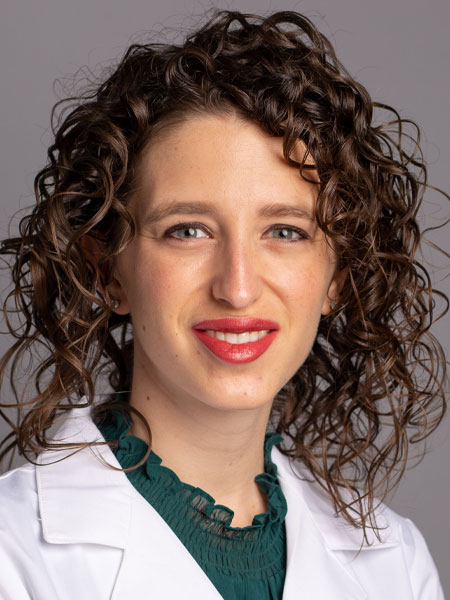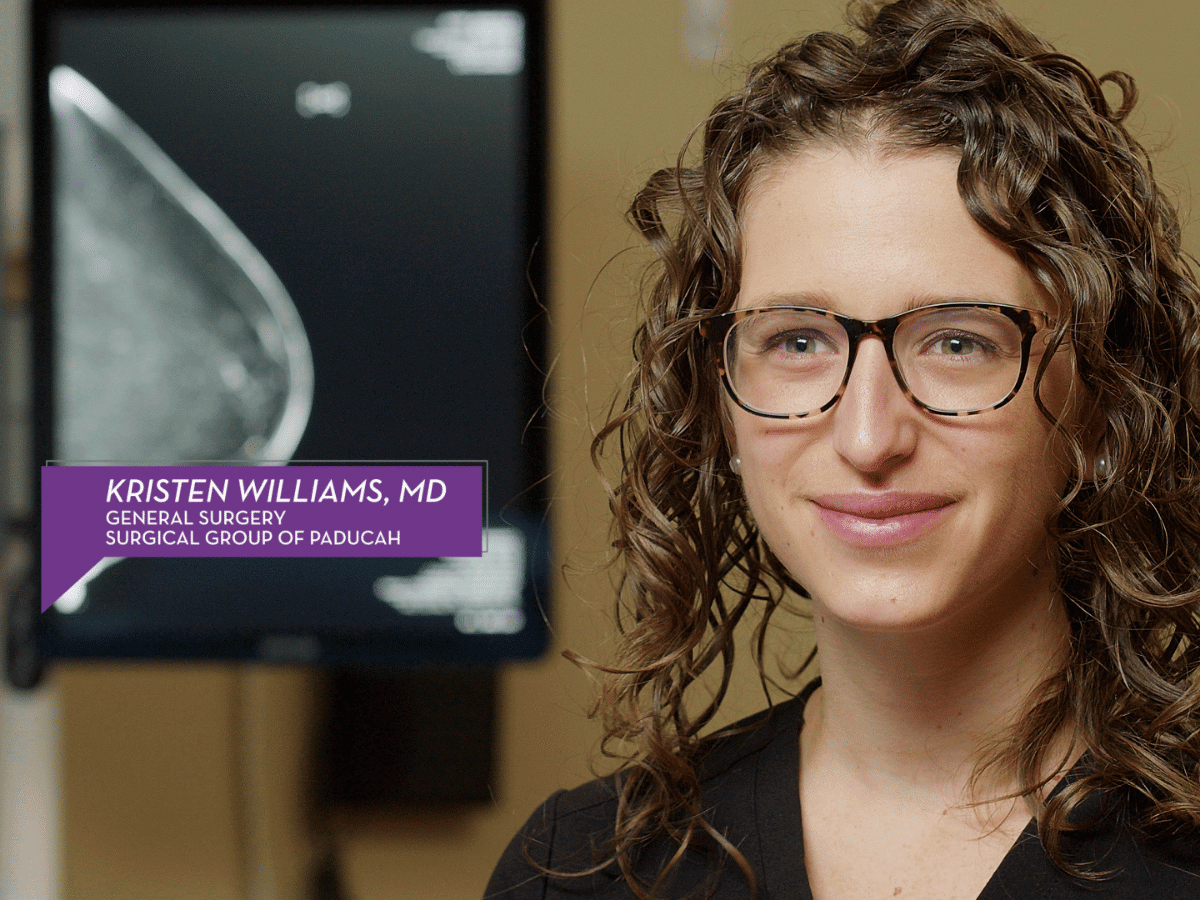I come from a very musical background. My, spouse does too. So we we sing a lot in church and play instruments. And, my son is Brandon. He loves music too. So I just I really just love being with my family.
I work for Baptist. I started there in two thousand and two. My screening mammogram was January sixth of last year. You know, I didn't think anything of it. I'd had two prior screenings. My chart popped up in my email, and so I read it, and it said that I needed to come back for additional views because of the the way it looked that it wasn't, it was not clear borders around. He wanted to do a biopsy.
I found out Wednesday afternoon, there was a couple other girls still working with me at the front, and and so I I remember turning around and she said, you know, girls, it's cancer.
You don't think these things are gonna happen to you, but then, you know, the more you think about it, how many people have come through that have had cancer or have family members that have cancer and then you start to just say, you know, I'm I'm one of the ones.
Jamie came to me with an abnormal mammogram and we continued to work that up with a biopsy and a diagnosis.
And then based on her specific breast cancer, she got chemotherapy first. One of the big things we look at is what's called the receptor status of a breast cancer, and that includes an estrogen receptor, progesterone receptor, and something called HER2. And she actually had a triple negative breast cancer, so all three of her receptors were negative. So triple negative breast cancers tend to be more aggressive, so we give chemotherapy before surgery.
I was very excited that I was able to get in to see her. And I saw, my oncologist, Dr. Tua. He just knew exactly what we needed to do.
Breast cancer doesn't just affect one aspect of a patient's life. It is life altering in every aspect. So you have to remember that. You can't just focus on, oh, here's what the patient's problem is, here's what surgery they need, let's do it and get it done. You have to think about how it's affecting every other aspect of their life and remember that that has implications for what you're doing for that patient.
There were some really, really, really hard days and where you think I can't can't do it anymore.
But then you do, you think about your child and that you wanna see them graduate, you wanna see them get married. Family, church family, my coworkers were just such a part of me being able to push through. I was given the choice to do, you know, at the end, once the chemo got all the cancer, to do the mastectomy and that was I still wanted to stay with that choice. I went to see doctor Verbist about, about reconstruction.
What Jamie, I believe, needed most was not necessarily a discussion of how we're doing reconstruction, but just reassurance that it was gonna be okay. You know, that this very overwhelming, very daunting diagnosis and this process that she was entering into that was gonna seem like a whirlwind was ultimately going to be okay. There are so many different ways to get from point a being cancer diagnosis to point b being fully reconstructed so many ways. What we ultimately decided to do with Jamie was a two stage approach to reconstruction wherein we we begin the process with placement of tissue expanders.
We we redevelop, the the tissue conditions necessary to facilitate reconstruction. And then at a future date, we return and we remove those devices and place a permanent implant.
Baptist Health Paducah is a full spectrum breast cancer care center. So we have everything a woman needs on her journey from diagnosis to surgery, chemotherapy, radiation, and reconstruction.
And we're the only hospital in the area that has all of that.
It makes you more compassionate.
It definitely made my job more meaningful. Just get those screenings because it's just it could, I mean, it could save your life.





